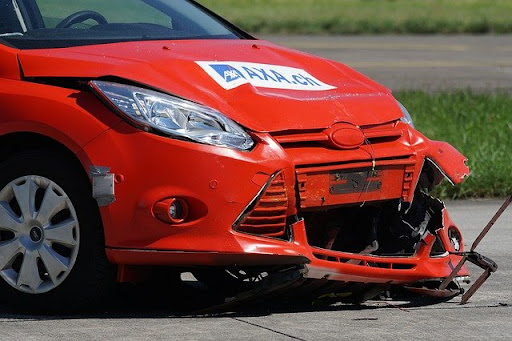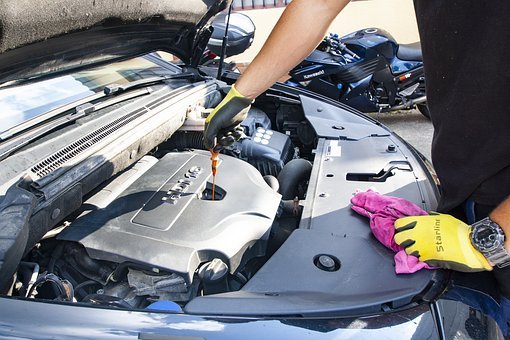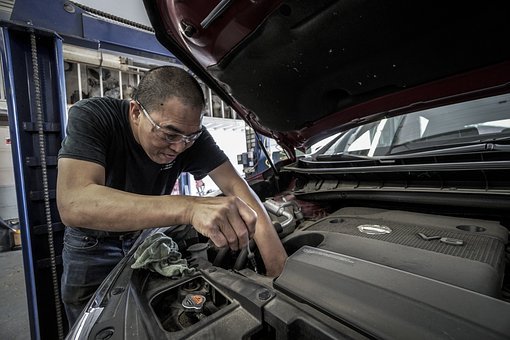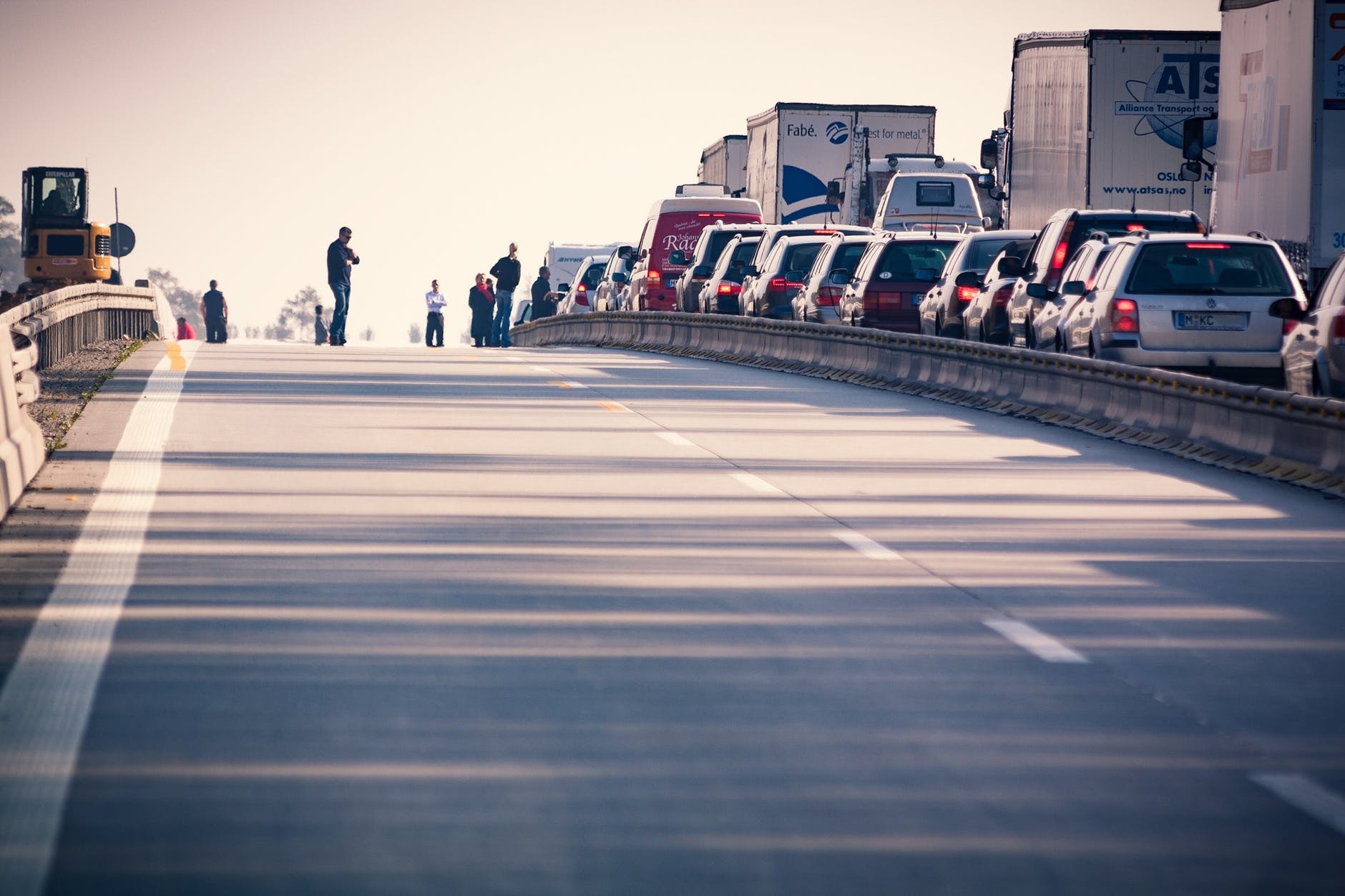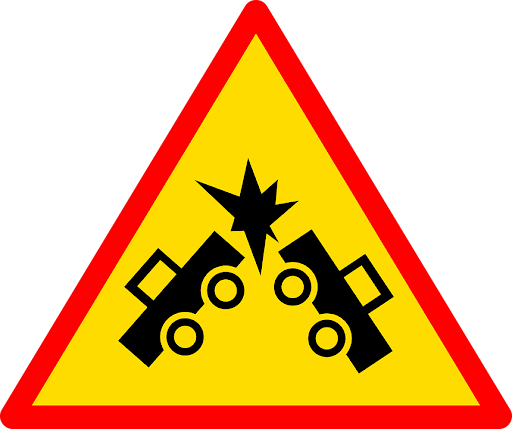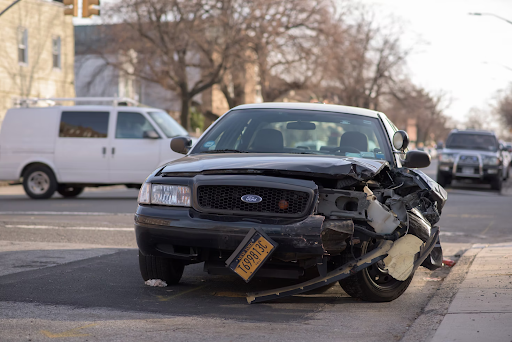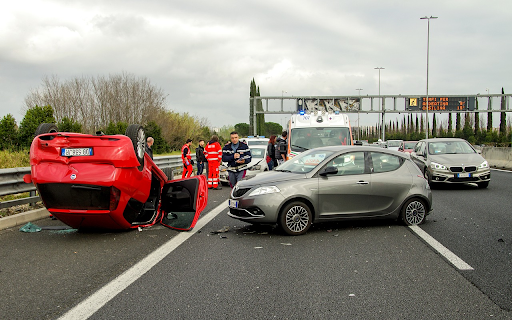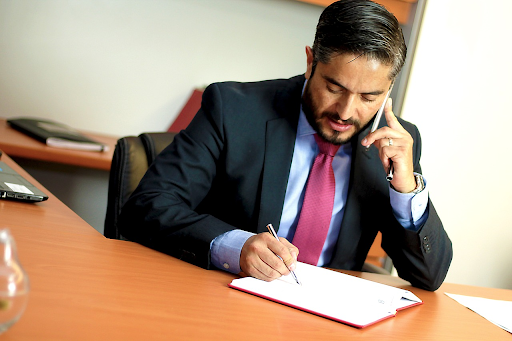8 Things That Car Accident Victims Must Do To Protect Their Rights
No one can ever know when a car accident can happen and what specific events can cause it. However, drivers should know what to do to protect their rights. With these kinds of accidents occurring more frequently, victims must work quickly to protect their rights. To do so, they should be aware of how to proceed with different steps immediately after a car accident happens to ensure that you are treated fairly, and receive the compensation you deserve. Here are eight things that all car accident victims should do to protect their rights.
Have your lawyer on speed dial
Having a legal representative is always a wise choice in life for anything that happens. When it comes to auto accidents, having a lawyer by your side can help you save time and hassle. By knowing what to do immediately after an accident, they will be able to file for your injury claims and ensure that any compensation is given out accordingly. Accident victims in the area of Albany, GA should reach out to car accident attorneys located in Georgia for a free case review. Having experienced and vigorous lawyers on your side can save you time and money in the long run, especially after an accident.
Be cautious of how you communicate
There is no doubt that communicating with the other drivers and passengers involved in a car accident can be difficult. However, it is important that you remain calm and collected when speaking to them. No matter how badly you may want to defend yourself and express your feelings towards the other parties, refrain from doing so until after an official investigation has started. After calling the police and medical services, remember to call your attorney to be with you during the examination, and call a family member or friend to let them know your whereabouts.
Refrain from admitting fault
It seems like the natural thing to say in certain situations: “I’m sorry this happened.” However, when it comes to car crashes and other vehicles, admitting guilt may leave you with severe consequences down the line. Not only could you receive a ticket for causing the accident, but your insurance rates may go up as well if investigators determine that you were indeed responsible for causing the collision.
Take pictures
Immediately after an accident happens, an assessment of the damage should begin. One way to do this is by taking photos to help determine whether or not there were any damages sustained during the event. It will also provide evidence if police reports are filed later on about what happened during the incident itself. Having visual records of what occurred will work as proof for future claims to ensure that no one tries to take advantage of you when it comes to compensation.
Maintain your automotive within the best condition attainable,
To prevent any accidents from occurring in the first place, make sure that you are always maintaining your vehicle’s safety features. Not only will this keep you protected when on the road, but you can maintain a clean driving record by keeping up with all of your required annual inspections. It is also important that every driver completes some sort of defensive driving course to better familiarize themselves with proper methods of protecting everyone on the road. These courses not only teach people new ways to drive defensively but they also work to remind drivers about their responsibilities when operating a motor vehicle.
Information you are obliged to share
Knowing what information must be shared during an accident is essential to making claims and filing reports. By law, you are obliged to share your name, address, insurance company information, license plate number, and vehicle identification number. If you hit someone else’s car but they leave the scene of the accident without providing any of this information it is critical that you call the police immediately upon arriving at your destination.
Be aware of state laws
All states have their own unique set of laws when it comes to driving cars on public roads, therefore knowing them can make all the difference. For example, if another driver runs a stoplight in Atlanta, GA, then it is important that you follow up with an investigation into who was at fault for causing the collision. Being familiar with state traffic laws will help everyone involved obtain what is rightfully theirs after an accident. If you are not familiar with the state laws, it is important to consult with an attorney who can help you understand your rights and what you need to do in order to protect them.
Don’t leave the scene of associate accident
The first thing you should do after an accident has happened is to never leave the scene until law enforcement arrives. This may seem like common sense, but people are often too eager to get out of what they believe can be dangerous environments which leads them to drive away before authorities have arrived on the scene. While this may seem like something you can explain later, it can result in lethal consequences if the party that was hit attempts to stop you from leaving or if someone else was witnessed or recorded your number plate as you drove off into the distance.
When you are first on the scene, never accept any money from one of the drivers involved in the accident. A common mistake that many individuals make is to take the money and make a claim later on for injuries sustained during the crash. By taking someone’s word on what happened during this time, you are placing your future at risk by relinquishing control of it entirely. Remember that accepting compensation before filing a report with authorities can invalidate whatever statements you share later on which will have significant effects on getting just compensation for any personal losses.

Car accidents can be a traumatic and frightening experience for anyone. It is important to remember that there are steps you should take as soon as possible after an accident, such as filing a police report right away or photographing the scene of the crash. If it turns out that someone else caused your car accident, make sure you speak with an attorney about your rights and what actions you need to take to protect them.
